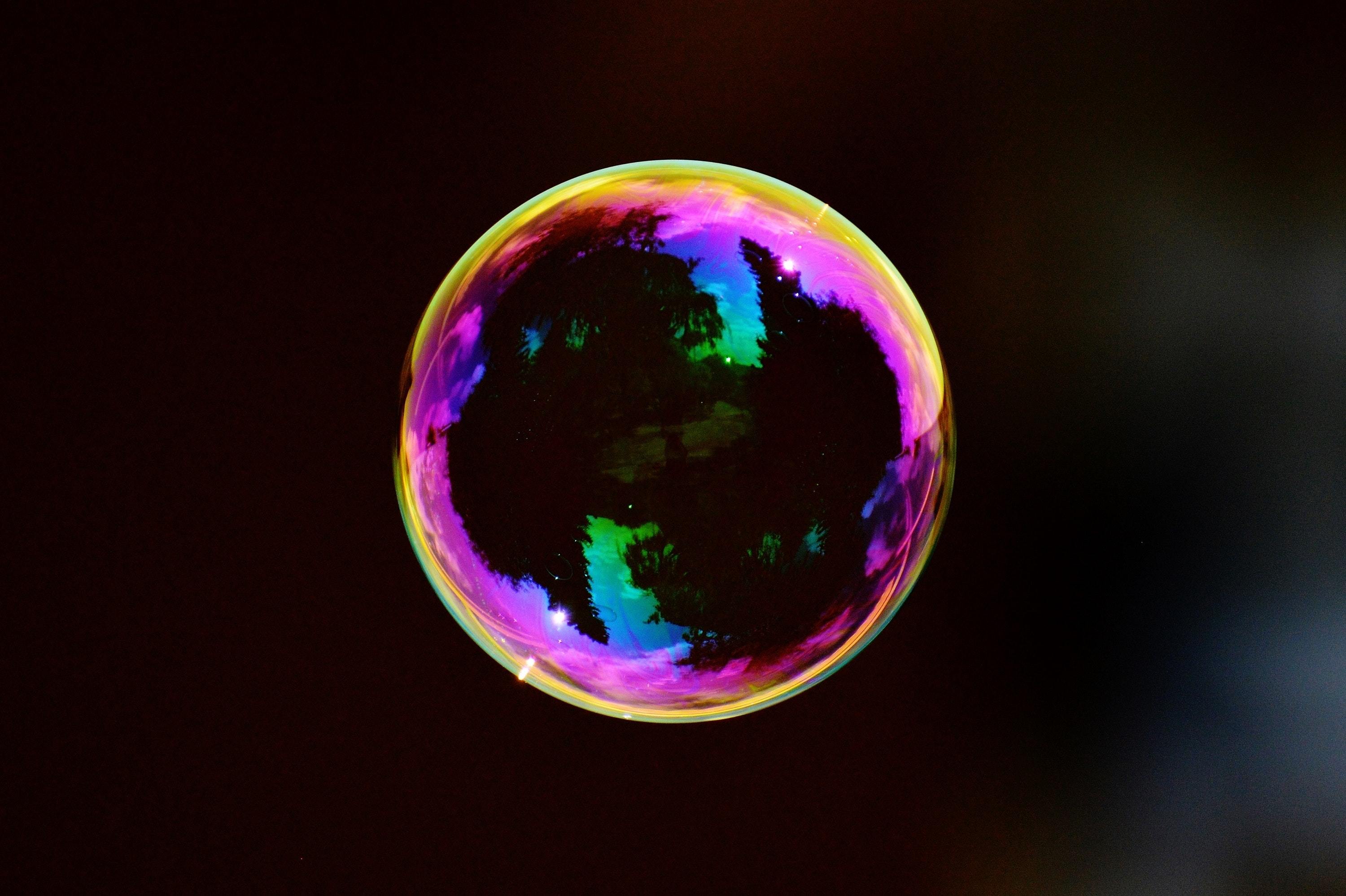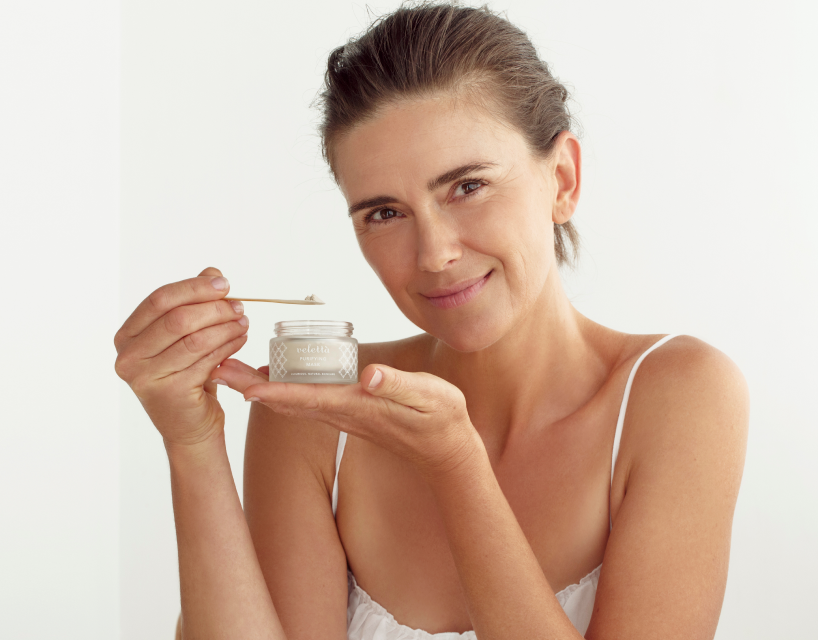SLS and SLES
Sodium lauryl sulfate (SLS) and sodium laureth sulfate (SLES) are surfactants (these break down oils and debris by loosening the bond between a liquid and a solid) that also act as dispersants and foaming and wetting agents.
They are used in a huge range of cleaning and personal care products including toothpaste, foaming cleansers, moisturiser and a range of detergents.
Cancer claims?
For some time now the internet has been awash with claims about SLS causing cancer. These claims have been debunked and there is no evidence to support them.
However, SLS and SLES are known irritants.
Irritants
Sodium lauryl sulfate can cause adverse reactions primarily skin dryness and redness. This is also true for SLES. This effect is so accepted that in scientific studies on skin irritants, the effects of substances are compared to the benchmark of SLS irritations.
Moreover, the US Cosmetic Ingredient Review (CIR) published an alert which notes that SLS appears to be safe as long as it is briefly used and then is rinsed from the surface of the skin. They say that if the products are intended to have prolonged contact with the skin, they should not exceed 1 percent.
Similarly, in a 2013 review of the use of aqueous cream in children commissioned after reports of reactions in those that use it found that:
“An audit of 100 children attending a paediatric dermatology clinic reported that aqueous cream emollient was associated with an immediate skin reaction (stinging, burning, itching, and redness) within 20 minutes in 56% of exposures, compared with 18% with other emollients used”.
Wash it off!
It appears that products with SLS or SLES are unlikely to cause irritation if they are washed entirely off the skin like shampoo. However, products containing these ingredients that are not washed off the skin may be problematic, particularly for those with an impaired skin barrier.
In essence, SLS and SLES should not scare you because they are no carcinogens. These chemicals have been shown to be safe. However, you should be aware that they are a known irritant and should definitely be avoided in products that have prolonged contact with the skin.
We steer clear
There are lots of other ingredients you will not find in Velettà products, including SLS and SLES. We steer clear of these things because they are bad for your adrenal system and our environment, or because they don’t deliver results.
Velettà products are made without parabens, artificial fragrances, artificial chemicals, SLS and SLES and unnecessary preservatives.
We also avoid any bulkers or fillers — all the pure, concentrated ingredients in Velettà products are included because they genuinely work to help your skin be its best self.
As your skin is your body’s biggest organ, it makes sense to only put ingredients on it that you’d be happy to have in your body.




